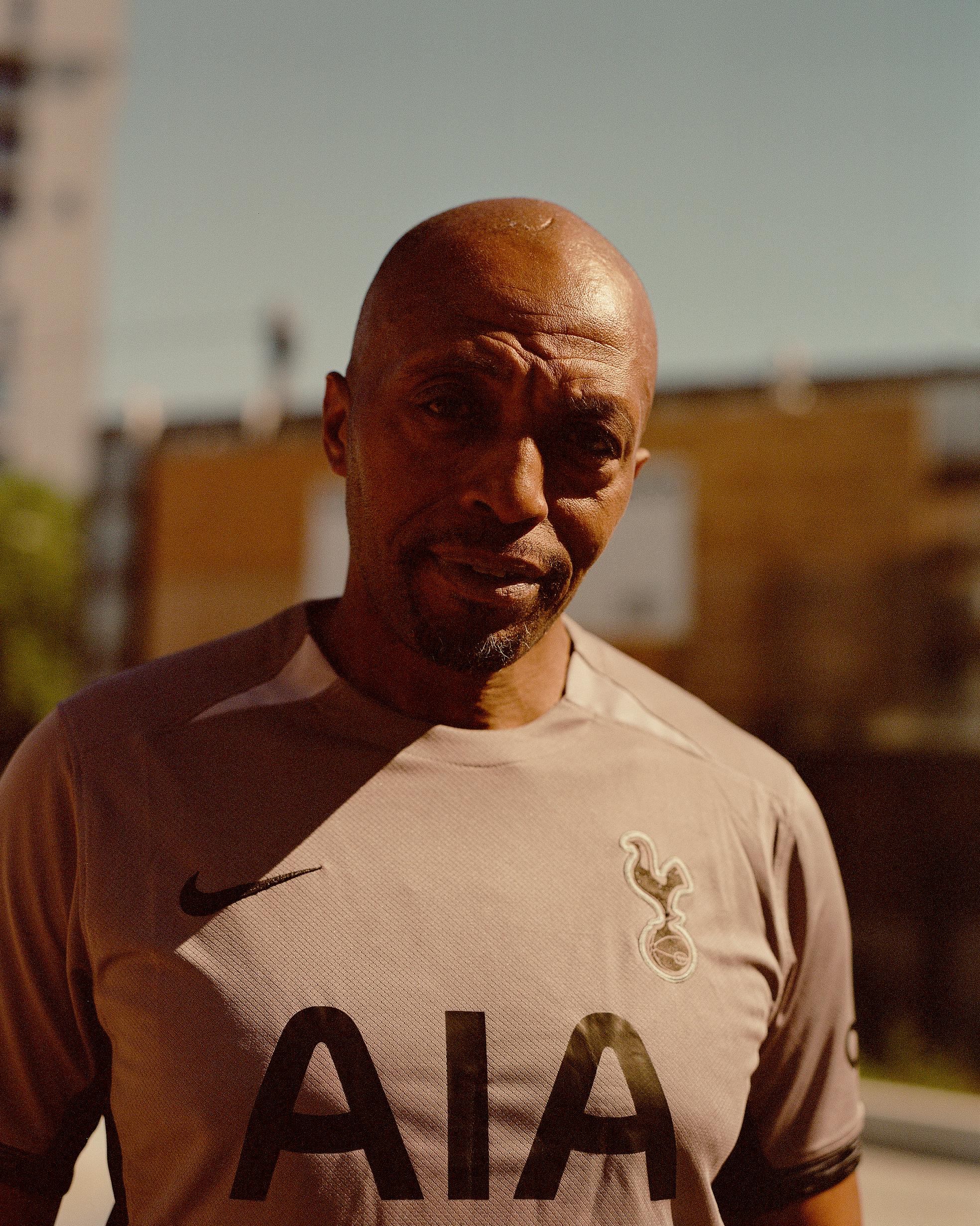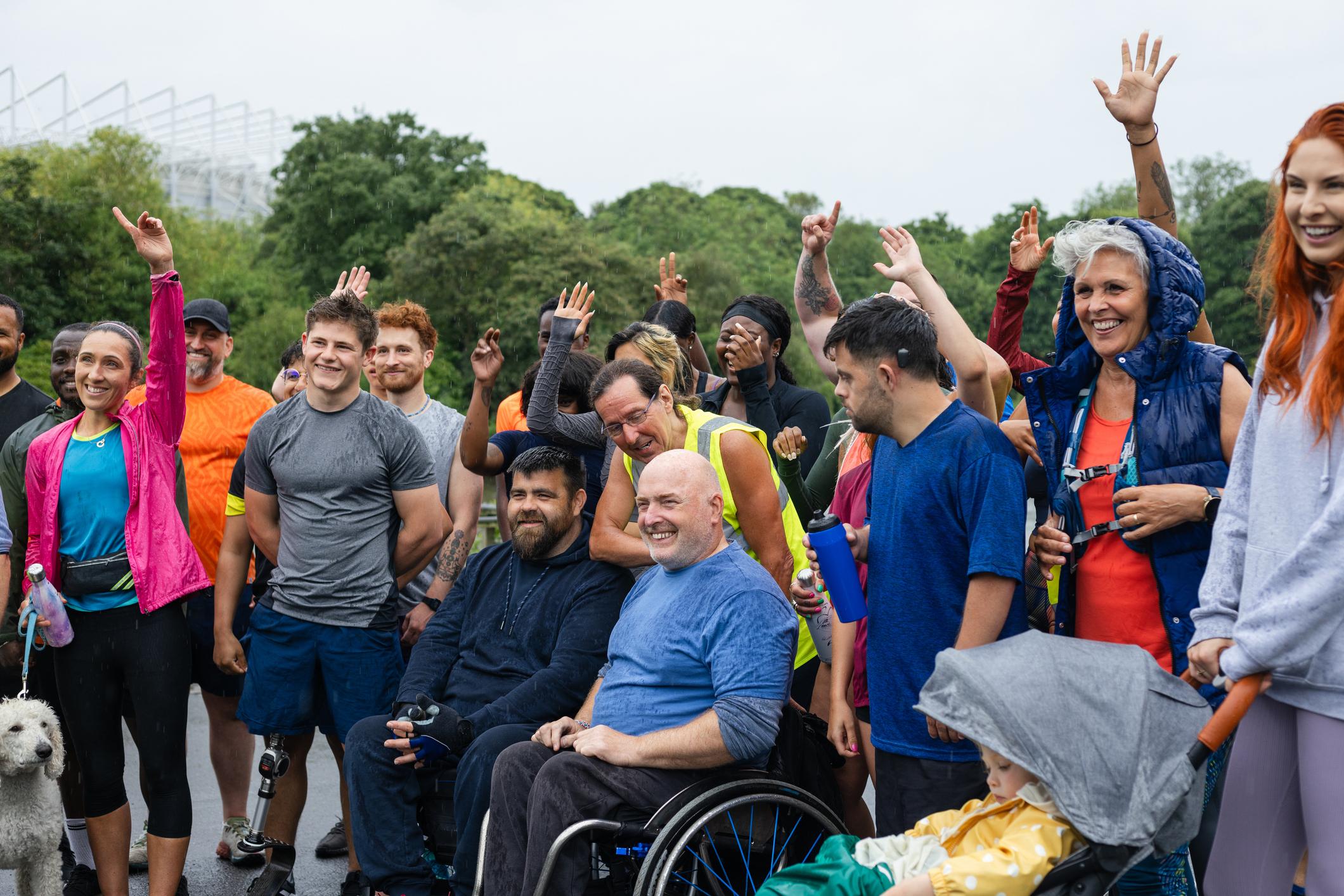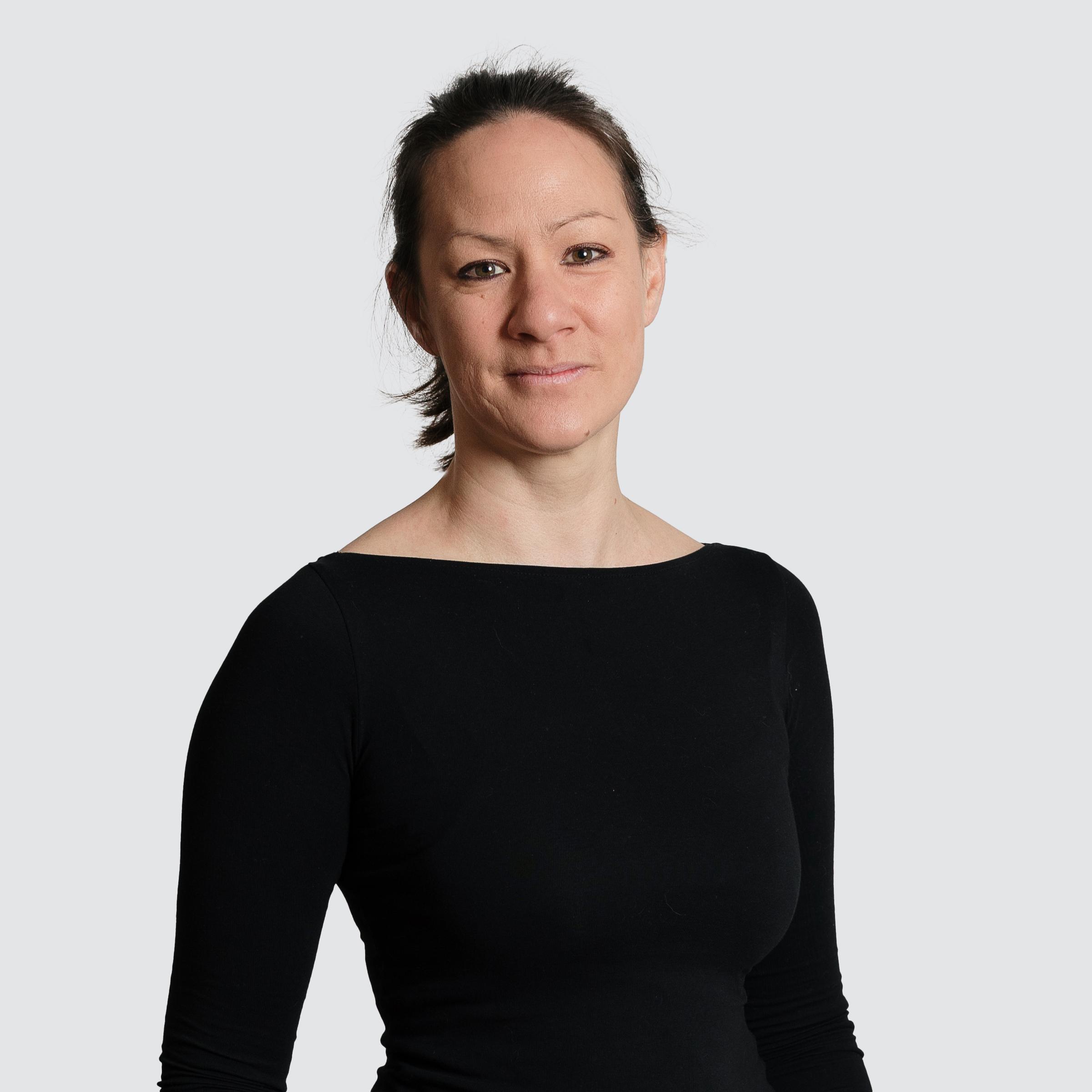Power, participation and transformative change: how funders can help
This report documents learning from JRF’s work alongside organisations led by people in poverty over the past five years, on what funders can do to build power and support transformative change at a grassroots level.



